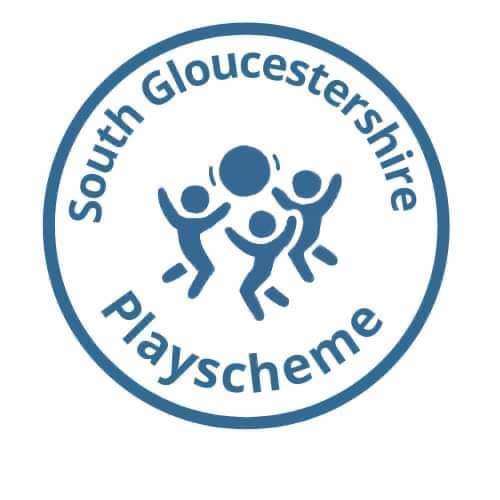FAQs – Training
How can I book a place?
Please email training@sgplayscheme.co.uk to register your interest and we will contact you as soon as new dates are confirmed.
How much does it cost?
Introduction to Youth Work Training = £50 (free if your organisation is a member of the Somerset Youth Work Alliance)
Level 2 Award = £650
Level 3 Diploma – £1250
Are there any bursaries or funding available?
We now have several pots of funding via National Youth Agency bursaries, Spark Somerset and South Gloucestershire Council Cost of Living Grant. Please contact us to see if you are eligible for any of these.
Do I have to attend all sessions?
Yes, it is ideal if you are able to attend all of the sessions. For the Level 2 and 3, sessions are held weekly on Zoom. There are also a few Saturdays across the course which are compulsory for attendance. All learners must attend a minimum of 80% of taught sessions to pass the course.
When do sessions take place?
Where possible, we deliver 1 evening per week (6-9pm) and 1 morning per week (9.30am – 12.30pm). You need to attend 1 of these sessions every week.
Do I need to be working / volunteering in youth work?
Yes. To complete the Level 2, you must be volunteering or working for at least 3 hours per week in a youth work setting (senior school, alternative education, youth centres, detached youth work, youth housing, mentoring etc).
To undertake the Level 3, you need to have at least 6 months experience of youth work. You will need to be able to deliver a 4 week programme within your setting (will be discussed in class).
If you are not currently volunteering / working in a youth work setting, we can support you to get a volunteering placement.
What does the course involve?
For the Level 2 Award, there are 4 units:
- Unit 1 – Theory of Youth Work
- Unit 2 – Engaging and Communicating with young people
- Unit 3 – Adolescent Development
- Unit 4 – Safeguarding in youth work settings.
For level 3 Diploma, you do the 4 units above, then an additional 10 units:
- Unit 5 – Behaviour that challenges in youth work setting
- Unit 6 – Reflective practice in Youth Work
- Unit 7 – Group work in Youth work
- Unit 8 – Work Based Practice
- Unit 9 – Anti-discriminatory Practice
- Unit 10 – Referrals and Signposting
- Unit 11 – Understanding how youth work supports young people who are LGBTQ+
- Unit 12 – Principles of supporting young people with regard to relationships and sexual health
- Unit 13 – Understand how youth work can support young people’s mental health and wellbeing
- Unit 14 – Support young people who are not in education, employment or training or that have been excluded from school.
Are there any exams?
No. On Level 2 and 3 there is a unit workbook to be completed, which is assessed. We work through the workbook during taught sessions.
